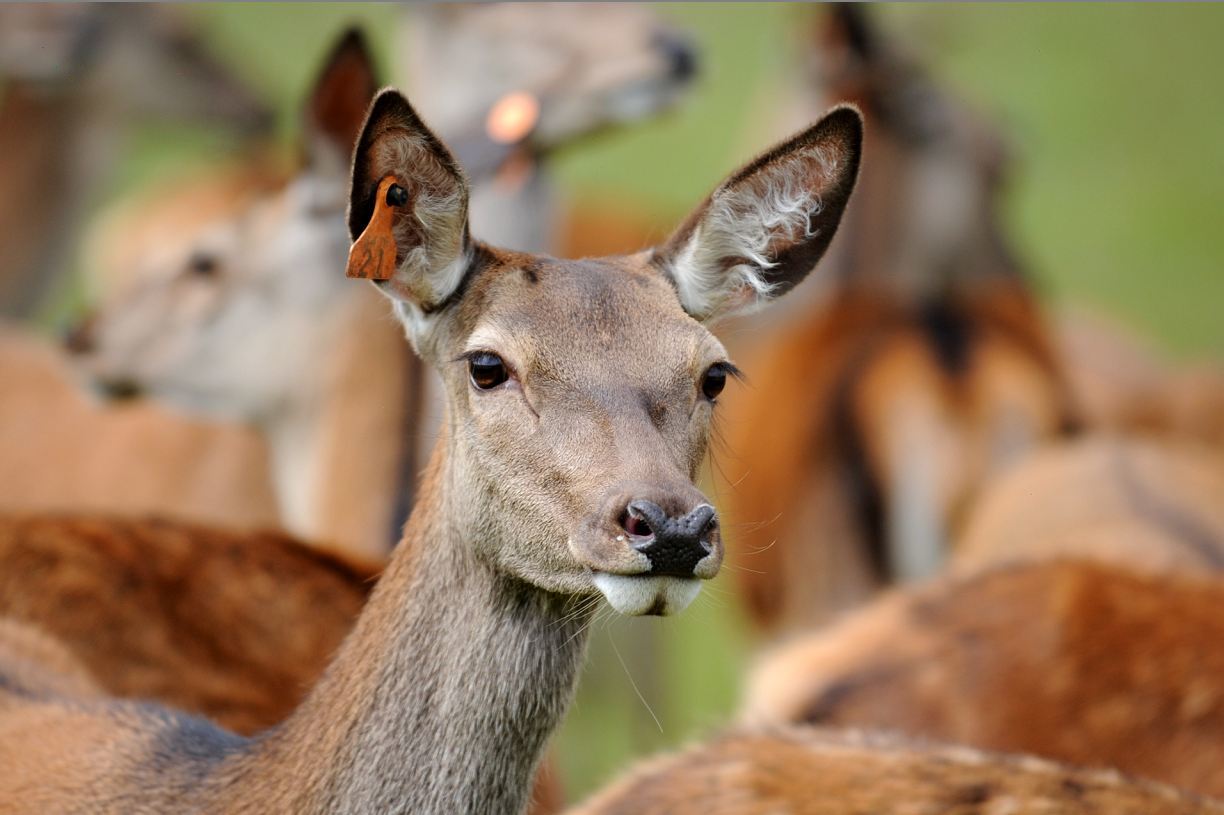Council chiefs are considering drafting in marksmen to cull deer in Aberdeen – after it emerged motorists are killing them at the rate of more than one a week.
New figures show that at least 61 of the animals died after being hit by vehicles in the city over the past 12 months.
Fears have been raised about the deer’s impact on trees, plants and other wildlife as well as the dangers they pose to drivers.
Now details of a new plan to “humanely manage” the animals will be debated by councillors on the communities, housing and infrastructure committee.
If approved, outside contractors would be drafted in and curb the current “high” deer numbers.
The local authority caused outrage among animal lovers in March, 2012 when about 23 deer were killed in the space of a month while trees were being planted on Tullos Hill.
Marksmen went into action mostly in the early evening, between 4.30pm-7.45pm.
On two occasions, operations took place between 8.30am-10.40am.
Last night, leading councillors insisted the latest plan, which would be executed across the city, was for the safety of both the human and deer populations.
A report prepared for next week’s committee meeting says: “The population of roe deer across the city is thought to be high.
“Aberdeen and the surrounding area is one of Scotland’s ‘hot spots’ for deer-vehicle collisions.
“These collisions are usually fatal for the deer, either instantly or as a result of the injuries sustained.
“At present the existing staffing levels would not be able to take on all the larger areas for deer management.
“There are other suitably qualified stalkers based locally who will be able to assist with this work.”
But critics of the Tullos shoot have been rallying support to oppose the latest proposals.
Renee Slater, who opposed the previous cull, said: “The council killed the last deer needlessly and it would be terrible for the same thing to happen again.
“They say it’s for the safety of the public but they need to think of ways they can do that that don’t mean deer need to die.
“These animals are a huge part of our heritage and need to be protected.”
The People for the Ethical Treatment of Animals (PETA) group, which counts many celebrities as supporters, has also voiced concerns about the killing of the animals.
PETA UK director, Mimi Bekhechi, said: “They are already under pressure from shifting landscapes, road building and other developments.
“We need conservation that dispenses with scapegoating and trying to regulate species numbers through large-scale destruction.
“Instead, we should be focusing on adequate town planning. Enforcing speed limits in areas where deer are likely to cross roads makes accidents less likely.
“Education about what to do if deer are spotted on the roads would help drivers react appropriately.
“Deer are culled by shooting, and using sharpshooters increases the likelihood that animals will bolt and collide with vehicles.
“What’s more, if they’re shot, many will endure horrific, lingering deaths because it can be difficult to get a clear shot, meaning many will escape, only to bleed to death.”
Neighbouring Aberdeenshire council said its forestry and woodland policy, which includes deer management, is currently under review.
But a spokesman for the rural authority indicated that the vast majority of land where deer live was not in its hands, but rather in those of private landowners.
Communities, housing and infrastructure committee convener Neil Cooney said the authority was bound by the Scottish Government to keep the deer population down – even if it meant killing large numbers of the animals.
He said: “We have a legal duty to keep their numbers manageable.
“Wherever the deer see space they will move into it. It’s not just that they eat the vegetation in the parks, they could also cause serious injury or even death if you hit one in your car.”
Rosemount and Stockethill councillor Bill Cormie said he had heard reports of the deer in many of the city’s parks.
He said: “Deer are beautiful animals and this is a very emotive issue.
“But management is something that is done all over Scotland and it’s something that needs to be done.”
